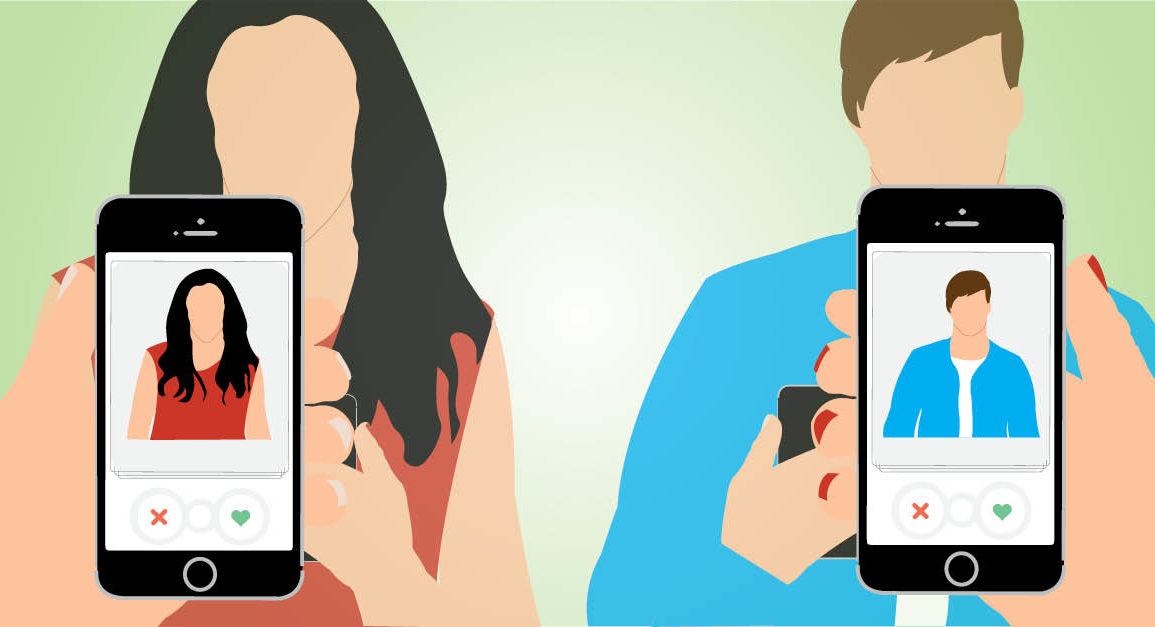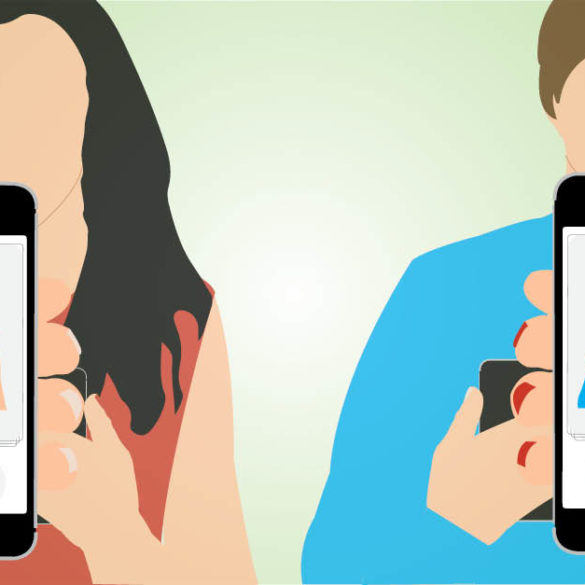I sat across from my grandma this past weekend and she told me about how my generation doesn’t value commitment the way hers did. “Chivalry doesn’t exist anymore,” she said to me. “Young people don’t know the meaning of modesty.” In her eyes, people my age are better at communicating through a screen than face-to-face and vows said at the altar don’t carry the weight they once did. She isn’t completely wrong. The way Millennials view relationships has certainly shifted from the way her generation saw them.
“Romance isn’t dead,” I said to her. “It just looks different.”
When my parents had their wedding, their closest friends and family surrounded them. They vowed to stay together, for better or worse. When they stood together in the gazebo my grandfather had built for them, meeting someone online or swiping left on Tinder wasn’t an option. There were no hookup apps or Facebook relationship statuses. For them, they were just them going through the traditional routine of dating, marriage, and then kids.
Decades ago, it wasn’t rare for people to get married right out of high school or college. But Millennials have grown up delaying the age of marriage. In fact, The National Marriage Project reports that the average marrying age now is higher than ever in history – 27 for women and 29 for men. We’re not getting married as early as our parents did, but that doesn’t mean we don’t value marriage.
Additionally, we’re statistically more accepting of interracial and same-sex relationships than any generation before us. Pew Research Center reports 70 percent of Generation Y supports same-sex relationships while only 35 to 49 percent of older generations do. For our generation, love has developed a broader meaning, and we have valued and accepted relationships in different ways than older generations have.
For the next two weeks, Ball Bearings delves into the ways relationships have changed over the decades. These stories take a closer look at the modern state of Millennial love.




